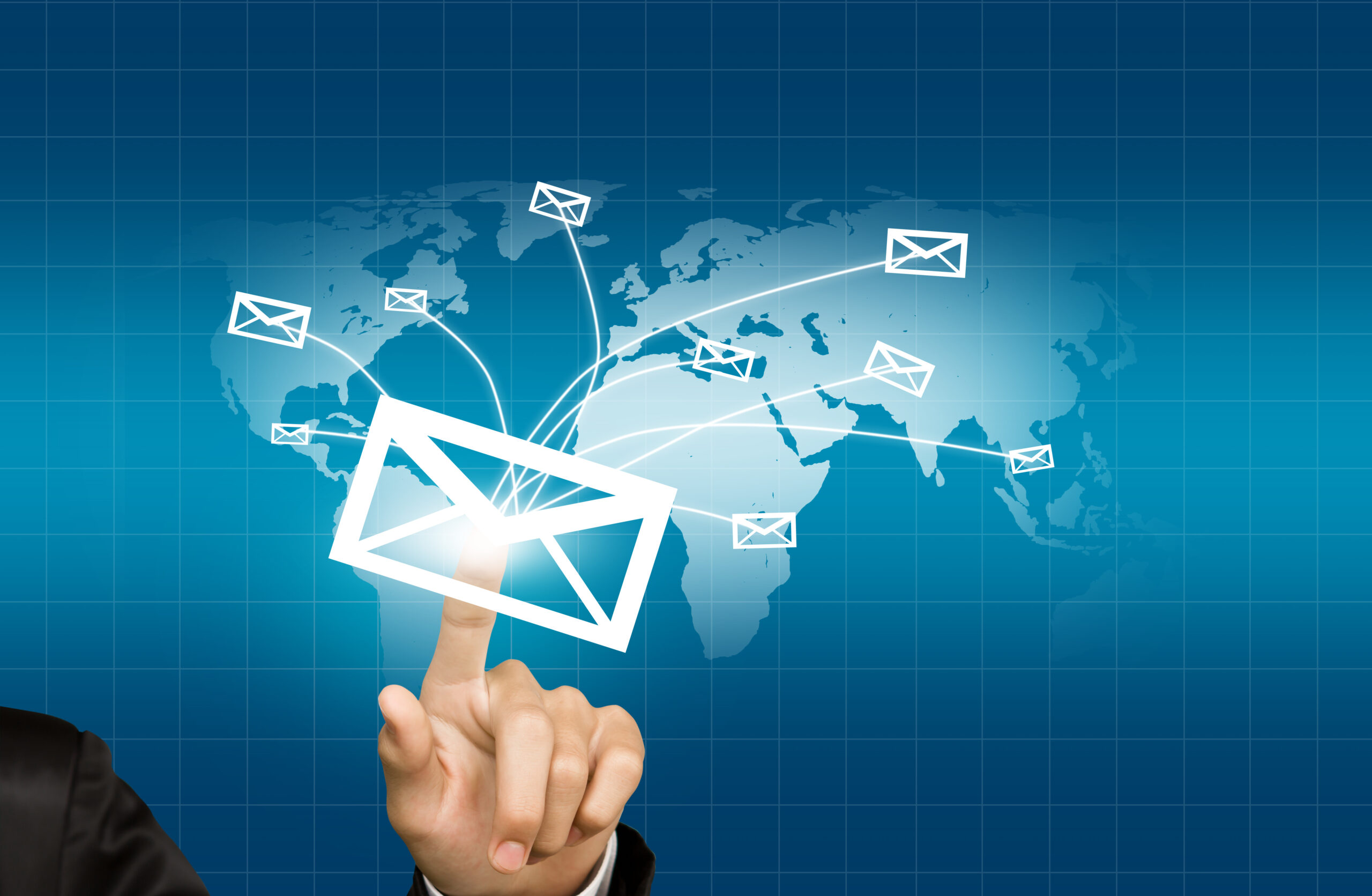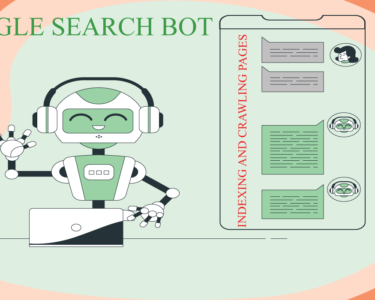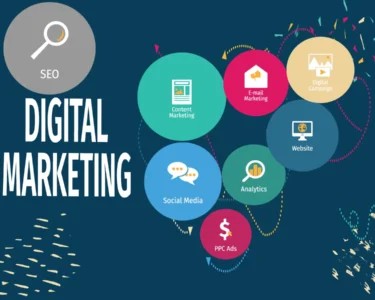INTRODUCTION
Email marketing plays a crucial role in customer retention as it helps in nurturing relationships with customers for repeat business. It is an effective tool for staying top-of-mind with customers, providing relevant information, and encouraging them to make repeat purchases.
What is email marketing?
Email marketing is a digital marketing strategy that involves sending targeted messages or promotional content to a group of people via email. It helps to build relationships with customers, promote products or services, and drive engagement. Marketers often use email campaigns to deliver personalized content, newsletters, or special offers to a segmented audience, aiming to increase brand awareness, customer loyalty, and sales.
What are The Advantages of E-mail Marketing?
Email marketing offers several advantages and benefits for businesses and organizations. Below are some key advantages:
1. Cost-effective:
Email marketing is a cost-effective strategy compared to traditional marketing channels. With a relatively low cost per email sent, businesses can reach a large number of customers at a fraction of the cost of other marketing methods.
2. Wide reach:
Email marketing allows businesses to reach a global audience instantly. With just a click of a button, emails can be delivered to recipients across different time zones and locations, ensuring a wide reach and increasing brand visibility.
3. Personalization:
Email marketing enables businesses to personalize their communication with customers. Through segmentation and targeting, businesses can send tailored messages and offers based on customer preferences, interests, and purchase history, increasing the chances of engagement and conversion.
4. Enhanced customer engagement:
By sending relevant and valuable content, businesses can engage customers and keep them informed about new products, promotions, and industry news. This encourages customer interaction and fosters a stronger relationship between the business and its audience.
5. Improved brand awareness and visibility:
Consistently sending emails to customers keeps the brand in their minds, increasing brand awareness. By providing valuable content and offers, businesses can position themselves as industry leaders and build credibility.
6. Increased website traffic and conversions:
Well-crafted emails with compelling call-to-action buttons can drive recipients to visit the business’s website. This increases website traffic, which can lead to higher conversion rates and more sales.
7. Measurable results and analytics:
Email marketing provides valuable data insights. Businesses can track open rates, click-through rates, conversions, and other metrics to measure the success of their campaigns. This data helps in identifying what works and what doesn’t, allowing for continuous improvement and optimization.
8. Automation and efficiency:
Email marketing platforms offer automation features that allow businesses to send targeted emails based on predefined triggers or customer actions. This saves time and effort while ensuring timely and relevant communication with customers.
9. Easy sharing and forwarding:
Email content is easily shareable, which means recipients can forward emails to their contacts, potentially expanding the reach of the business’s message beyond its existing subscriber base.
10. Easy opt-in and opt-out:
Email marketing enables businesses to comply with privacy regulations by providing an easy opt-in and opt-out process. Customers have the option to subscribe or unsubscribe, giving them control over the communication they receive.
Overall, email marketing provides numerous benefits for businesses and organizations. These advantages makes the role email of marketing a crucial one and also a valuable tool for businesses looking to effectively communicate with their audience and achieve their marketing goals.
How Email marketing helps nurture relationships for repeat business
Below are the role of email marketing in nurturing relationships for repeat business. By leveraging email marketing strategies, businesses can strengthen their relationships with customers and increase the likelihood of repeat business and customer loyalty.
1. Regular communication:
By sending regular emails, businesses can stay in touch with their customers and maintain an ongoing relationship. Regular communication keeps the business top-of-mind and reminds customers of the brand, products, and services they have previously enjoyed.
2. Personalized content:
Email marketing allows businesses to send targeted and personalized content to their customers. By analyzing customer data and behavior, businesses can tailor their emails to individual preferences, interests, and purchase history. Personalization makes customers feel valued and understood, strengthening the relationship and increasing the chances of repeat business.
3. Follow-up and support:
After a customer makes a purchase, email marketing provides a platform for follow-up and support. Businesses can use automated email sequences to send post-purchase emails, checking in to ensure satisfaction, offering assistance, and providing relevant information related to the purchase. This level of support and care demonstrates the business’s commitment to customer satisfaction and encourages repeat purchases.
4. Special offers and incentives:
Email marketing allows businesses to provide exclusive offers and incentives to their customers. By offering discounts, promotions, or early access to new products or services, businesses can reward loyalty and encourage repeat business. These special offers make customers feel appreciated and give them a reason to continue doing business with the brand.
5. Relevant and valuable content:
Email marketing provides an opportunity to share relevant and valuable content with customers. Businesses can use email newsletters, blog updates, industry news, or educational materials to provide useful information to their customers. This content not only builds credibility and positions the business as an industry expert but also keeps customers engaged and interested in future interactions.
6. Surveys and feedback:
Email marketing allows businesses to gather feedback and insights from their customers. By sending surveys or requesting feedback through email, businesses can understand their customers’ needs, preferences, and pain points. This helps businesses improve their products, services, and customer experience, ultimately leading to increased customer satisfaction and loyalty.
7. Automations and reminders:
Email marketing automation features enable businesses to set up triggers and reminders for various customer interactions. For example, businesses can send automated birthday or anniversary emails, product replenishment reminders, or abandoned cart email reminders. These automated messages ensure that customers feel valued and remind them to revisit the business for repeat purchases.
CONCLUSION
In conclusion, the Role of Email Marketing in customer retention is indispensable and cannot be over emphasized. It helps to nurture relationships with customers for repeat business. It allows businesses to establish direct communication, provide ongoing support, offer personalized recommendations and exclusive offers, foster a sense of community, and gather valuable data insights. By leveraging the power of email marketing, businesses can enhance customer loyalty and drive repeat purchases, ultimately boosting their revenues and growth.




